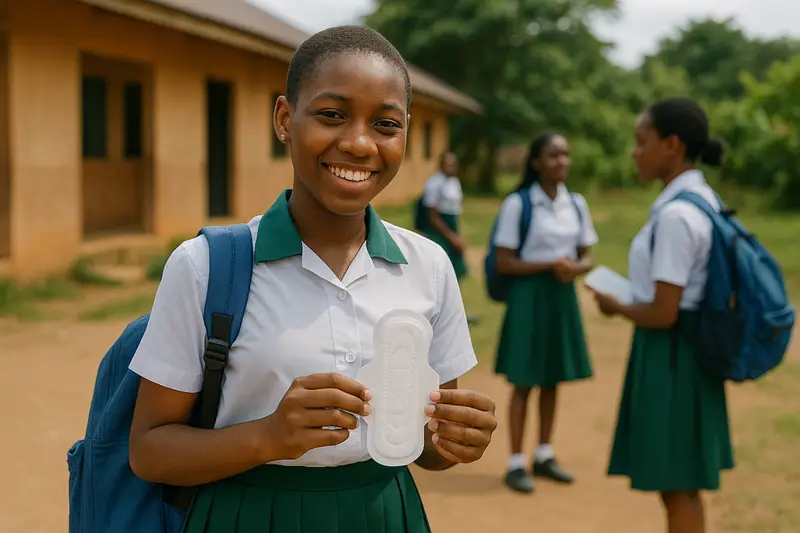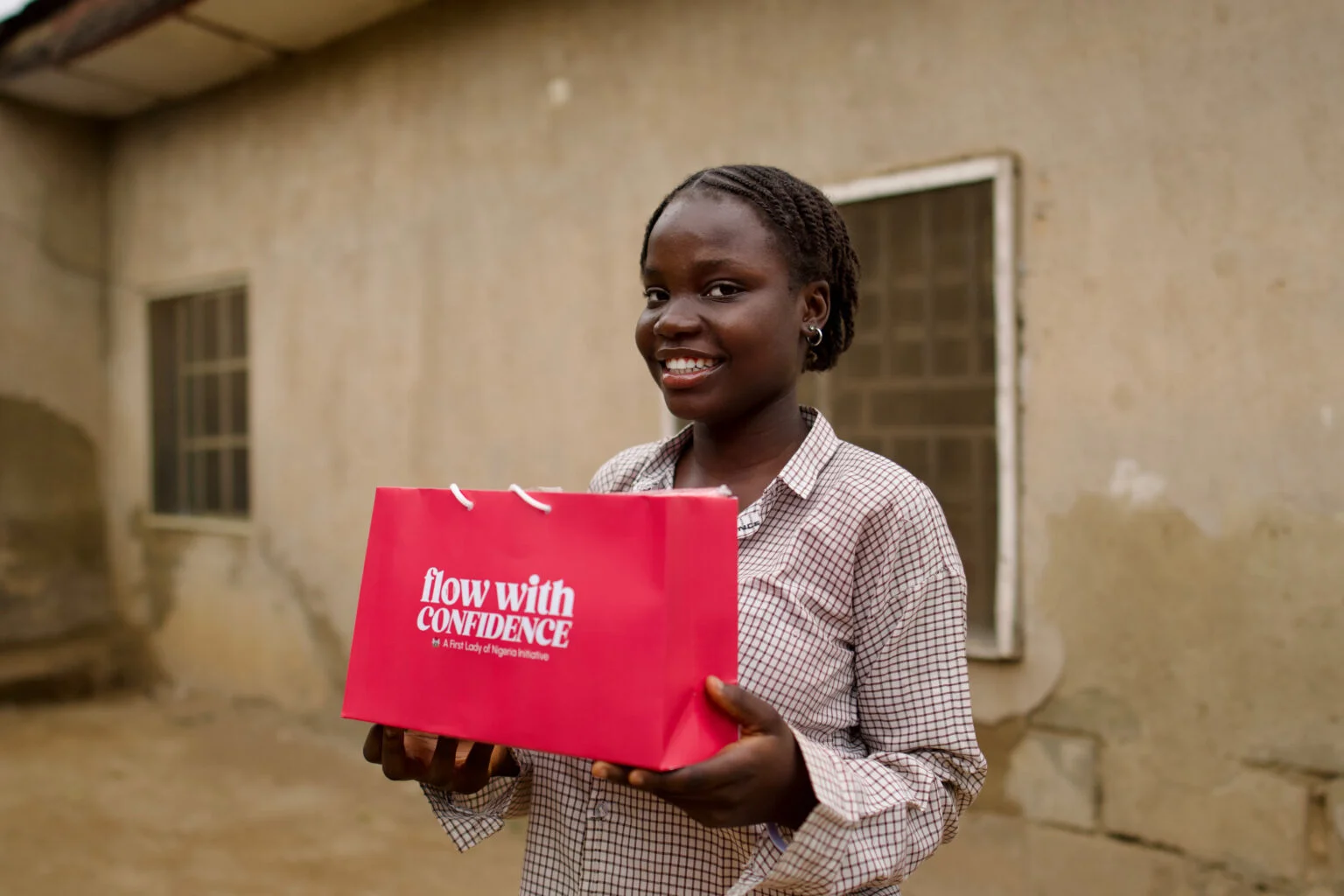Menstruation should never be a barrier to education, opportunity, or dignity. Yet, in Nigeria, too many girls still face this harsh reality.
We continue to hear heartbreaking stories—of girls missing school because they lack access to basic menstrual products, of stigma and misinformation deepening their struggles.
According to UNICEF, 25% of Nigerian schoolgirls experience this every month.
Nigeria has made some progress in menstrual health advocacy.
Various government agencies, NGOs, and grassroots organisations have stepped up to distribute sanitary products, improve WASH (Water, Sanitation, and Hygiene) facilities, and push for more menstrual health awareness.
However, challenges persist—many of these initiatives remain fragmented, and a nationwide, policy-driven approach is still lacking.
Meanwhile, Kenya’s Menstrual Hygiene Management Policy (2019-2030) represents a bold, coordinated commitment:
No girl or woman has to choose between her period and her education, her work, or her future.
One of the most powerful aspects of Kenya’s approach is its emphasis on education—not just for women and girls, but also for men and boys.
It is focused on targeting menstrual stigma at the root by reshaping societal perceptions and fostering open, informed conversations around the topic.
While Nigeria has seen commendable efforts in menstrual health education, it remains largely decentralised and often dependent on the work of individual organisations rather than a nationwide framework.
Another key lesson from Kenya is its decentralised strategy.
It centres around providing access to menstrual products, sanitation services, and safe disposal options even in the most remote communities.
Nigeria, with its vast rural-urban divide, could benefit from adapting a similar structured approach—one that ensures no girl is left behind, regardless of where she lives.
This is not to say Nigeria has done nothing, but we must ask ourselves:
what would it look like if we took a more coordinated, policy-driven approach to menstrual health?
One that prioritises dignity, education, and access for all?
Kenya is proving that menstrual health is not just about products—it’s about dignity, equality, and human rights.
And Nigeria has the opportunity to build on its existing efforts to create something even more impactful.



